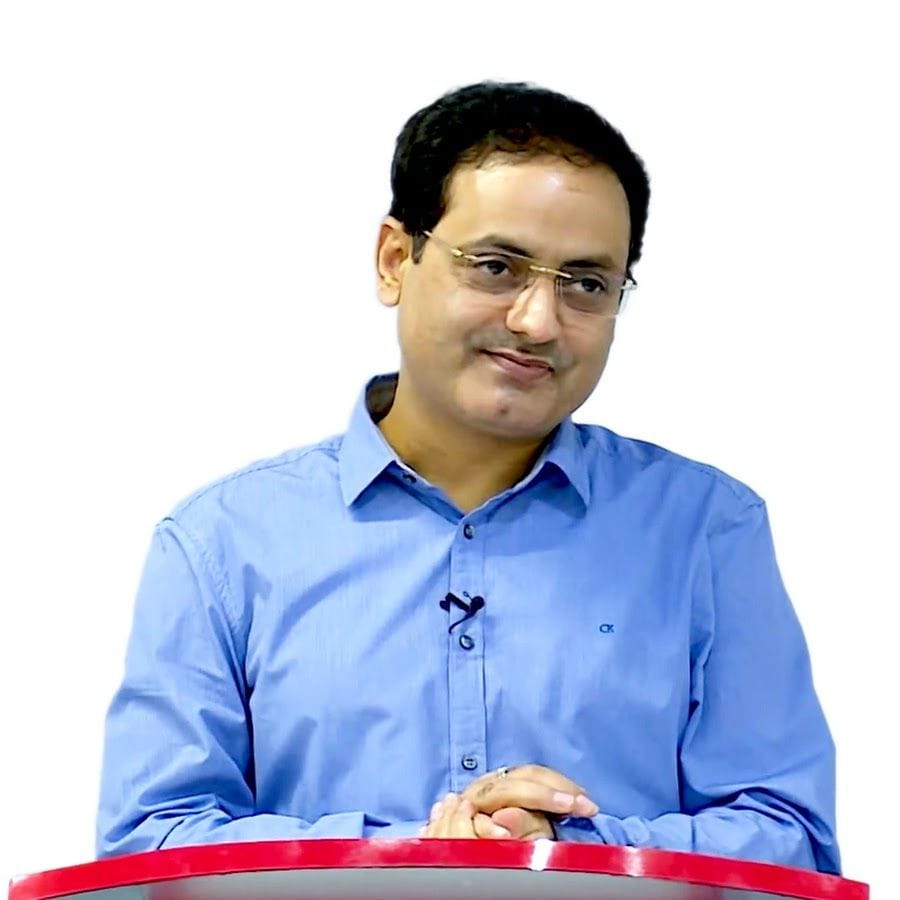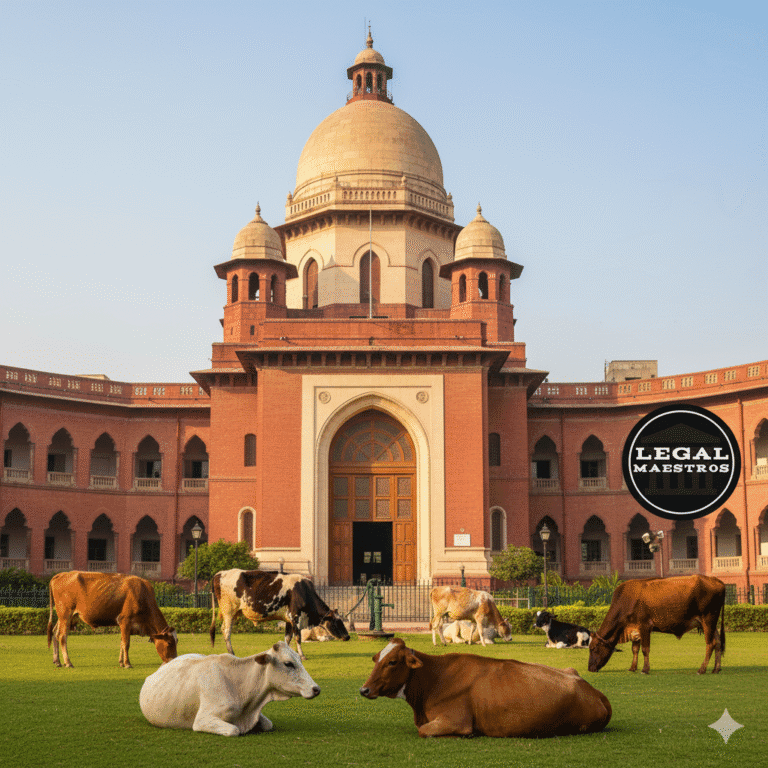
A court in Rajasthan has formally taken cognizance of a criminal complaint filed against Dr. Vikas Divyakirti, the founder and managing director of Drishti IAS coaching institute, for allegedly making derogatory and defamatory remarks about the judiciary in a viral YouTube video titled “IAS v/s Judge: Who is More Powerful.” The Additional Civil Judge and Judicial Magistrate Manmohan Chandel of Ajmer observed that the comments appear to be scandalous and not covered by constitutionally protected criticism or academic freedom.
According to the complaint filed by advocate Kamlesh Mandoliya, Divyakirti allegedly said that High Court judges are appointed through informal lobbying rather than merit and that judicial power is merely an illusion. He suggested that a district judge “eats alone,” while becoming a High Court judge involves lobbying, distributing sweets, and still facing delays.
The court noted that Divyakirti’s tone in the video appeared indecent mocking the judiciary authority and damaging public trust in its impartiality. The court held that his remarks could foster confusion, doubt and distrust among the general public toward the judicial system.
For any queries or to publish an article or post or advertisement on our platform, do call at +91 6377460764 or email us at contact@legalmaestros.com.
Charges and Legal Provision
The Ajmer court indicated that prima facie offences may have been made out under Section 353(2) and Sections 356(2) and (3) of the Bharatiya Nyaya Sanhita, 2023, in addition to Section 66A(b) of the Information Technology Act, 2000. Section 356 pertains to defamation, while Section 353 addresses public mischief. Section 66A(b), though now unenforceable, relates to sending information intended to insult or injure.
The court directed Divyakirti to appear in person before it on July 22 for further proceedings and instructed Ajmer Police to conduct a detailed investigation.
Divyakirti’s Response
Dr. Divyakirti rejected having ownership or permission for the video, alleging that he had nothing to do with the YouTube channel that uploaded it. He proposed that the content was possibly taken out and edited by a third party without his knowledge. He further contended that the video was general commentary of public administration and not specific defamation and should be protected under Article 19(1)(a) of the Constitution, which promises freedom of speech.
The court took into account that although freedom of speech is essential, it will not safeguard speech which is insulting or derogatory towards the dignity and impartiality of courts or judges. It drew upon precedents like In Re Arundhati Roy (2002) and also in Re Prashant Bhushan (2020) to repeat that disdain observations about the judiciary are not a protection under constitutional freedom.
The court also noted Divyakirti’s failure to express remorse, issue any apology, or take remedial steps in response to the controversy, which undermined the credibility of his defense.
Implications and Broader Setting
Legal analysts indicate this case marks increasing scrutiny of public comment addressed to India’s judiciary, especially when expressed widely on social media and educational forums. The court’s willingness to take cognizance indicates low tolerance for speech potentially undermining public respect for judicial institutions. Experts highlight that remarks made with “malicious intent to gain petty publicity” may amount to defamation under the BNS.
Vikas Divyakirti is a former civil servant and a prominent UPSC educator with nearly 4 million YouTube subscribers. His institute is widely followed by IAS aspirants across the country. The case has gained attention because of the contrast between the educational platform’s influence and the alleged impact of its messaging on the institutional reputation of India’s courts.
What Happens Next
The matter is listed for the next hearing on July 22, when Divyakirti is expected to appear in person before the Ajmer court. The police will file an investigation report regarding the video’s origin, authorship, and distribution. The court may then decide whether to formally register the case and proceed with trial.
This case raises significant questions regarding the boundaries of free speech in comment within education, judicial dignity protection, and public figure accountability in the era of the internet. The result may also set a precedent for the handling of similar cases of online speech and institutional defamation in the future.
References:
- Bar & Bench: Rajasthan court summons Drishti IAS founder Vikas Divyakirti for derogatory remarks against judiciary
- Times of India: IAS coach faces legal action over ‘defamatory’ remark against judiciary
- LiveLaw: Prima Facie Derogatory – Ajmer Court Takes Cognizance of Defamation Complaint Against Divyakirti







